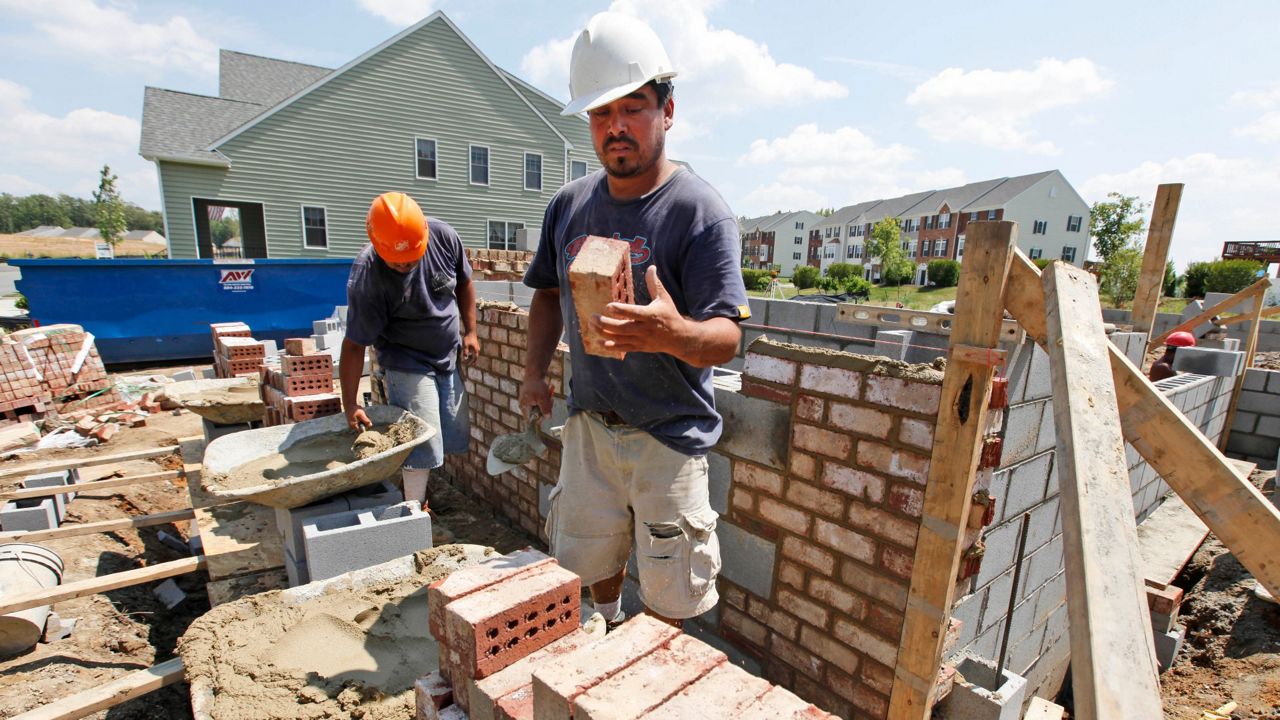TEXAS — A recent survey indicated part of Texas will be the hottest real estate market in 2021. On the flip side, you might want to thoroughly check the foundation of the Texas home you’ve set your heart on before pulling the trigger on a purchase.
According to a recent list produced by Groundworks, seven of the top 15 cities in the U.S. for foundation problems lie in Texas. In fact, Texas cities occupy the top four spots. Not good. The list is as follows:
- Sherman, TX - Ada, OK
- San Antonio, TX
- Dallas-Fort Worth, TX
- Tyler-Longview, TX
- Kansas City, MO
- Grand Junction-Montrose, CO
- Wichita Falls, TX – Lawton, OK
- Waco-Temple-Bryan, TX
- Columbia-Jefferson City, MO
- Jackson, MS
- St. Louis, MO
- Abilene-Sweetwater, TX
- Shreveport, LA
- Austin, TX
- Roanoke-Lynchburg, VA
The list is based on a Google Trends searching identifying the top metro areas in the country for foundation repair queries.
The issues involve concrete slabs, basements, and crawl spaces. Concrete slabs, however, are most common in Texas.
According to Groundworks, the most common foundation issues are cracks, sagging or uneven floors, slab leaks, doors and windows that don’t fit right, cabinet doors that don’t stay closed, leaning chimneys, water in basements, mold and mildew, and rotten wood.
What causes foundation issues? There are a number of contributors, Groundworks states.
Among them is foundation settling. It’s normal for a foundation to settle in the first few years following construction, but excessive settling can result in damage.
Also, a lack of exterior grading can cause rainfall to seep into the ground near your home instead of away from it. If your gutters and downspouts don’t effectively move water away from your home, this could lead to foundation issues.
Weather extremes such as heavy rain and storms can lead to shifting slabs as well as flooded basements and crawl spaces. Drought, a frequent problem in Texas, can dry soil, causing damaging shifting to foundations.
Groundworks says trees and shrubs planted too close to homes can be a problem. Roots can physically shift foundations. They can also remove water from the soil during a dry spell or drought.



